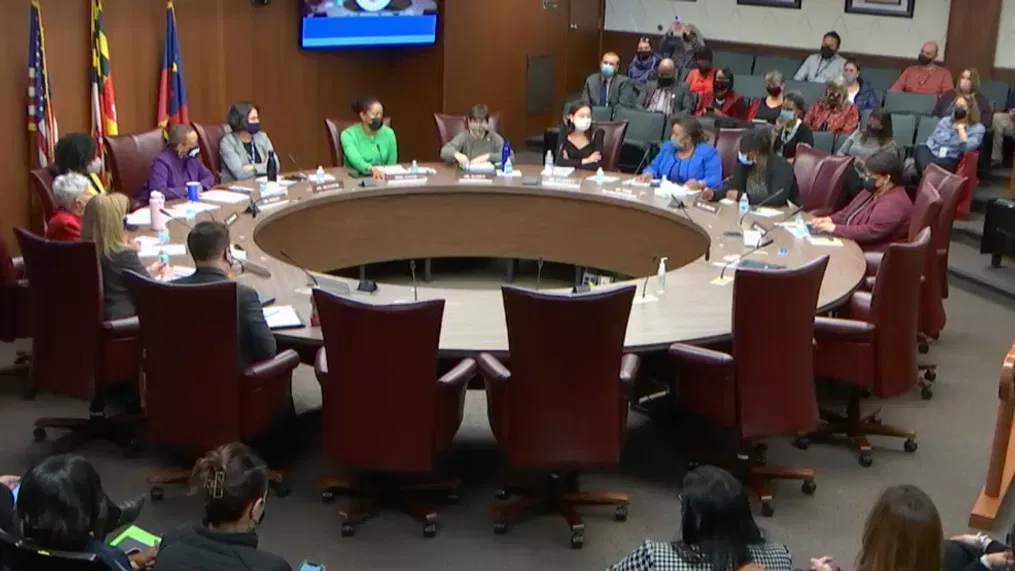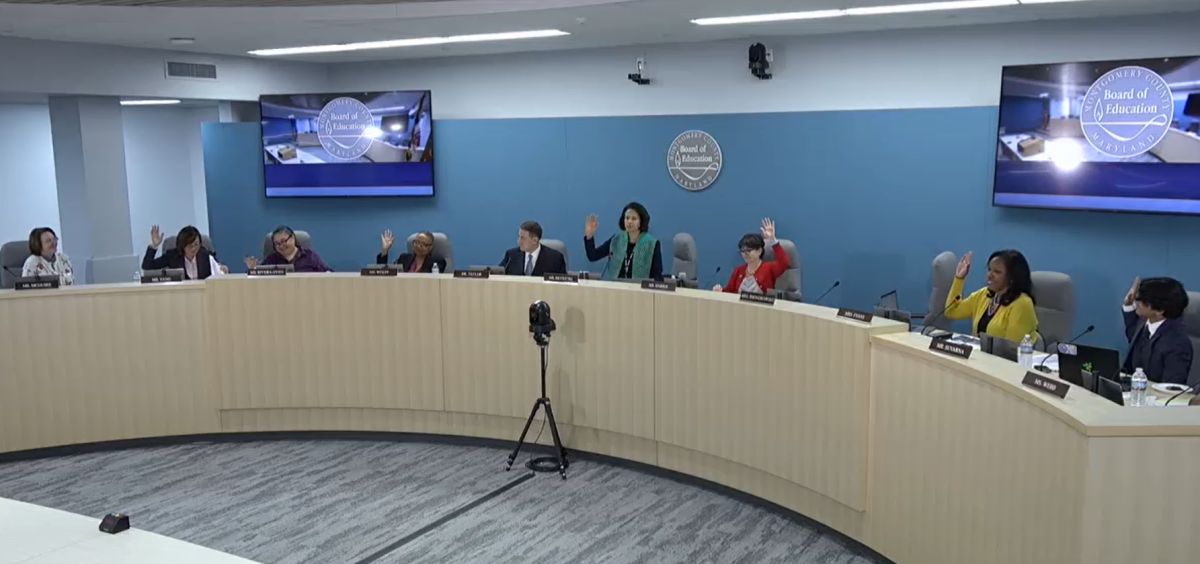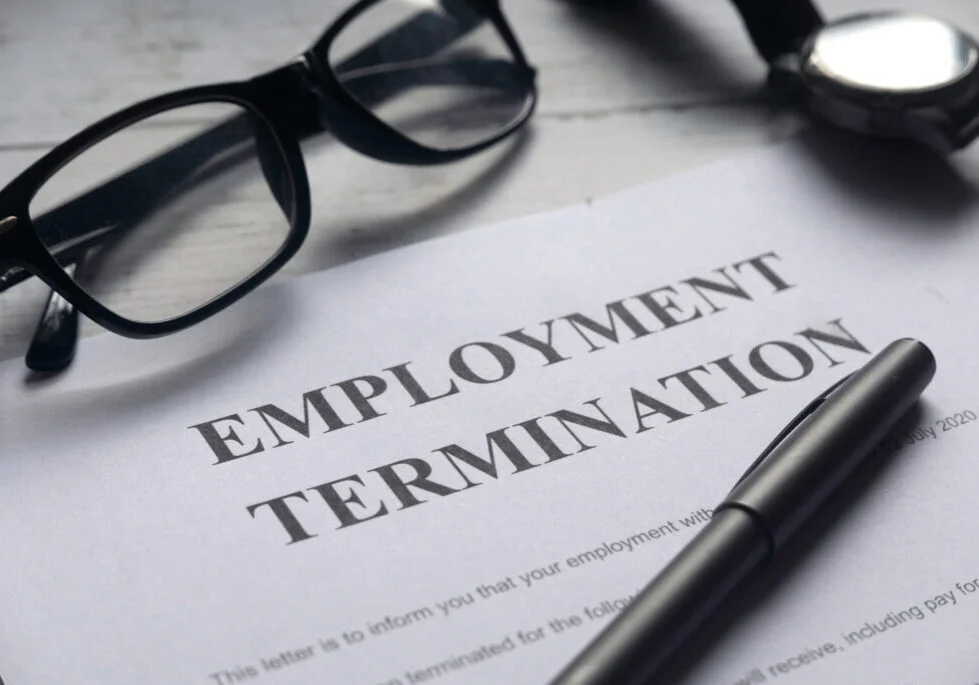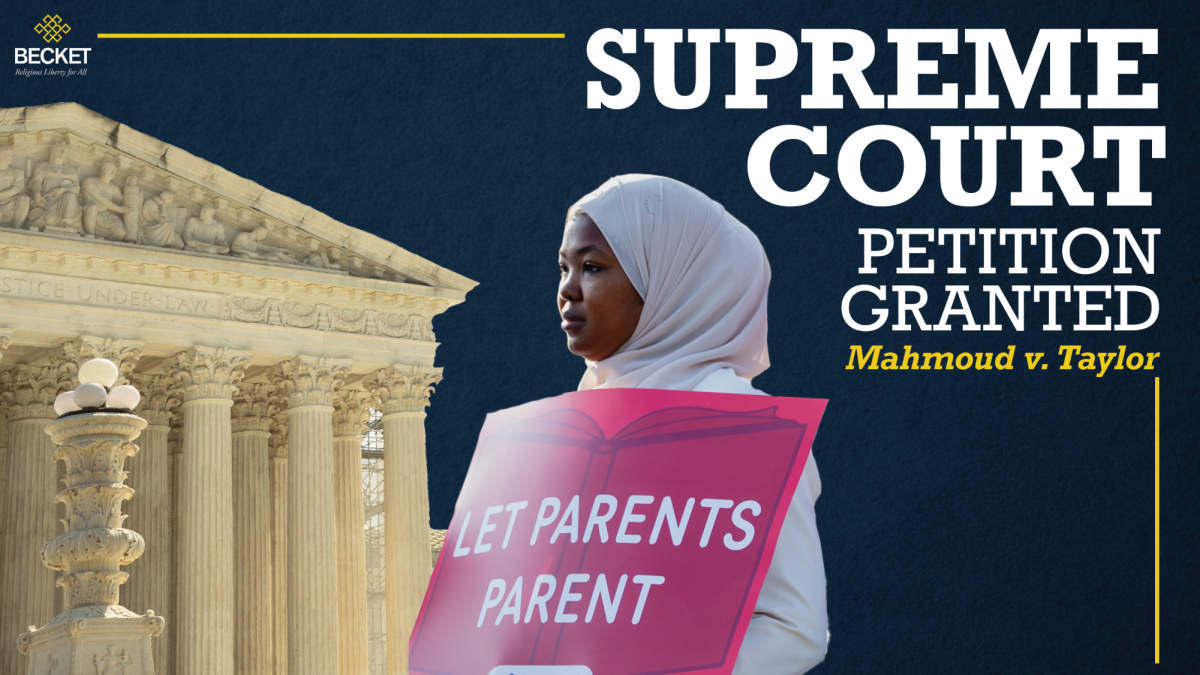It is no secret that WCHS is known for its rigorous courses and strong academics. While students strive to do well, they are given something to fall back on—the 50% rule. With MCPS’ 50% rule, students can submit assignments late or avoid doing them altogether without the fear of getting a zero. Now, MCPS plans to change this policy and remove the dependable 50% rule.
“MCPS has had long-standing grading and reporting regulations,” WCHS Principal John Taylor said. “When the county went virtual during COVID, they adjusted and gave us recommendations on how to do the grading. We need to change as [these policies] do not necessarily encourage the best attendance.”
Throughout the 2023-24 school year, WCHS’s crackdown on attendance has become apparent. According to MCPS, in the 2022-23 school year, about 27% of students were chronically absent. This means they missed about 10% or more of the days they were supposed to be in school. Schools believe that by making grading policies stricter, students will take attendance more seriously, increasing their focus.
“Changing the grading policies is going to encourage people to turn in all of their assignments rather than meeting the bar for a certain grade,” WCHS sophomore Riya Wedam said. “As of now, it is easy to forget about turning in certain assignments that [students think] will not impact their grade.”
Currently, the 50% rule has enabled a more relaxed attitude toward assignment completion and quality. However, by removing it, all assignments will have a higher impact on students’ grades.
“Mathematically, if you give a kid a zero on [a heavily weighted assignment], it skews their grade,” Taylor said. “If they do not have enough assignments, it would completely change [their outcome in the class]. Teachers must be careful about that and be clear with students.”
Administrators are aware of the implications of such a rule on student grades. They are mindful that if the policy goes through, they must be purposeful when picking assignments and strive to make the transition as effortless as possible. Unfortunately, recognizing how severe an impact assignments could have on one’s grade has made some students anxious about the consequences of taking away the 50% rule.
“Although [this new grading policy] may push some students to work harder, many students at WCHS take rigorous classes and may get overwhelmed,” WCHS junior Laura Jablonover said.
“Having a safety net of a 50% rule is a positive policy because many students juggle a heavy course load on top of extracurricular activities. This allows some stress to be taken off.”
Being part of such a competitive environment, many WCHS students enjoy challenging themselves. However, without the 50% rule acting as a buffer, the idea of taking challenging classes becomes less appealing. The teachers, administrators and students discussing this bill recognize the implications of the new policy, raising questions about how exactly the rule’s removal will be implemented.
“Some possibilities [the group] has talked about is fluctuating between grade levels with the 50% rule,” Taylor said. “For example, should a ninth grader have the 50% rule while seniors do not since they are about to go to college? The grade level does make a difference [regarding what students can handle], especially since ninth graders are still adjusting.”
The group has proposed many ideas for what the policy changes could be and is having an ongoing discussion regarding these changes. In June, the group will decide what they want the new policy to look like and present it to the Board of Education for approval. Although nothing is set in stone, the hope is for the 50% rule to end, along with other changes in grading policies for the next school year.
“Whatever we do, we have to be really intentional and proactive as a school at communicating the impact of these changes with the students,” Taylor said. “We want a smooth transitional period and low grades do not help anyone. It is important to maintain clear communication, so students make good [academic] choices.”















